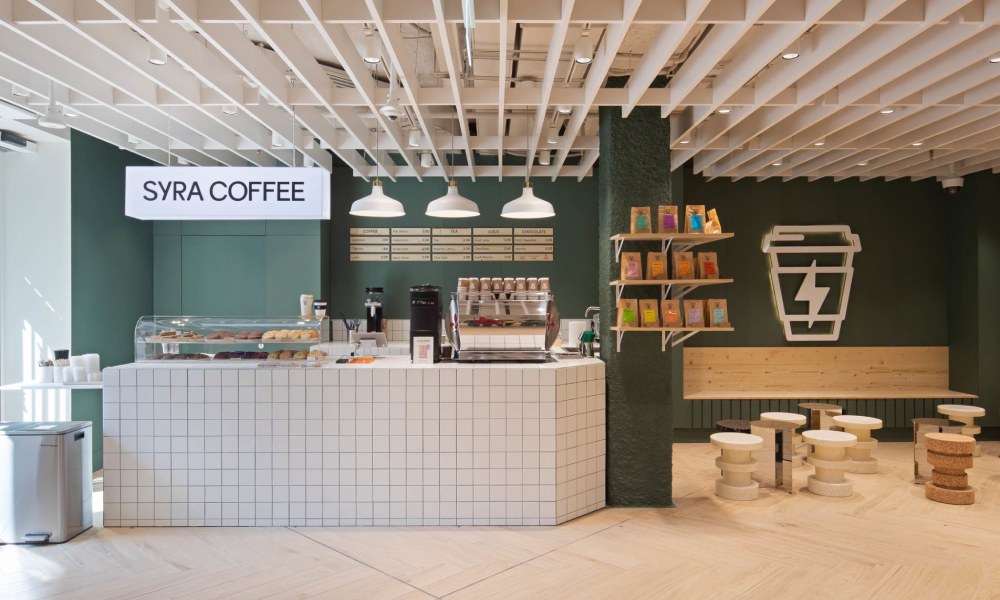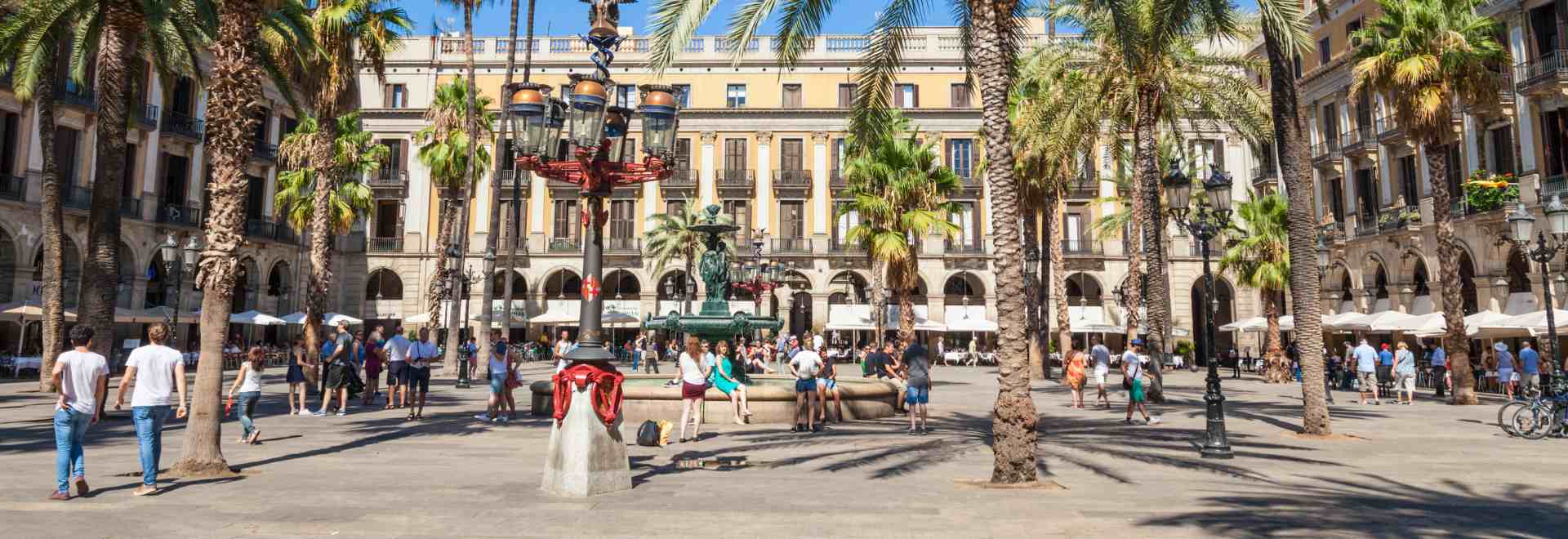What’s driving specialty coffee culture in Spain?
Jordan Montgomery speaks to Eduard ‘Edu’ Morella Anglada about the developing specialty coffee culture in Spain
Specialty coffee culture in Europe has long been associated with Scandinavian and certain Western European countries. Now, another country can be added to the list.
Spain has had a tumultuous history with coffee. Many coffee markets experienced increases in consumption in the early 20th century, driven by mass production, increased international trade, and a growing middle class across European countries.
However, the Spanish Civil War impacted coffee imports, and consumption remained low. As a solution, many smuggled coffee into the country and adopted new methods of preserving it for longer.
For instance, sugar was added during the final stages of roasting, coating the beans and slowing down oxidation. This process – known as torrefacto – continues to be used across Spain today.
However, many roasters have moved on, and have created a scene for specialty coffee culture to develop.
Pioneers of specialty coffee culture
Being in such proximity to major coffee-consuming countries such as Italy and France, Spanish coffee culture has often been overlooked. However, this has allowed Spain to carve out its own path in the coffee industry.
It is estimated that the Spanish coffee market will grow by almost 6% annually over the coming five years. This is driven by increased out-of-home consumption and the increasingly prominent role of coffee in the workplace. Furthermore, a vibrant specialty coffee culture has emerged in recent years.
Eduard ‘Edu’ Morella Anglada is the Barista Trainer at Syra Coffee, Barcelona. He believes that the rapid development of specialty coffee culture in Spain rose due to the efforts of key figures in the industry, including Miguel Lamora Bárcena of atmans coffee and barista champion Kim Ossenblok.
“Thanks to the great work of the pioneers of 15 years ago, we are improving day by day,” he says. “Coffee projects are becoming more and more professional, baristas have better skills and there is more and more information and training available to grow professionally.”
These advocates have inspired a number of Spanish coffee shops and roasters, establishing a specialty coffee culture. “People value coffee more and more, and they don’t think of it as a drink that you just consume – curiosity is growing and so is the need to offer something different,” Edu says.
“In the case of Syra Coffee, many baristas and people interested in specialty coffee are being trained, thus creating healthy competition within the sector. The more people are involved in the sector, the more it can develop and create a strong community on a national level.”
Unlike other European countries that embraced specialty coffee culture in the early 2000s, Spain embraced it more recently. Renowned roasters such as Nomad Coffee, Toma Cafe and Hola Coffee were founded in the mid-to-late 2010s, with many more established in the years since.
“Nowadays, it is very easy to find a specialty coffee shop in practically any city in Spain,” Edu says. “Obviously, it is easier in the major cities, but you could say that you can drink good coffee anywhere.”
Mediterranean culture
European countries have traditionally valued coffee breaks, such as the Swedish “Fika” and the German “Kaffee und Kuchen”. In Spain, Mediterranean traditions such as lengthy siestas have historically provided a large window for increased coffee sales. However, Edu suggests that consumer habits are changing.
“There may be those coffee breaks, but life has gotten hectic – there is much more movement than years ago,” he says, “That makes us value those little pleasures more and more, those little moments to taste a coffee, those talks with the baristas, preparing your coffee at home, and so on.”
This may be so, but it could also be seen as specialty coffee culture in Spain beginning to reflect that of the wider industry – where convenience is becoming increasingly important.

The role of sustainability
As specialty coffee culture has grown in Spain, sustainability has played a central role in shaping the movement – whether by law or from within the industry.
In 2022, a royal decree set targets for all packaging in Spain to be recyclable or reusable by 2030. This has had a major impact. For instance, Nestlé Spain has already changed 96% of its packaging to meet this requirement.
Beyond legal requirements, Edu sees customers as a major force driving change in the specialty coffee sector, prioritising sustainability in their purchasing decisions.
“People are becoming more and more involved in recycling, sustainability and everything that can affect climate change,” he says.
“We could say that it all started with the awareness of bringing your own takeaway cup, but nowadays there is not only that, but also an increasing search for compostable materials for everyday use in cafés, such as lids, coffee bags, and so on.”
A push for sustainability is not just coming from customers, though. Edu describes a project at Syra launched in collaboration with a local farmer to reuse over 6 tonnes of coffee grounds and chaff – two of the main waste products in the consumption end of the supply chain.
“This waste, when composted, generates benefits for the crop by creating more fertile soil rich in beneficial microorganisms,” he says. “Chaff is also used to improve the feed of your farm animals, supplementing nutrients in their regular diet.”
As such, Spain’s relatively recent entry into specialty coffee could be a good thing, as businesses can adopt sustainable practices from the outset. On a broader scale, it means that the country has the opportunity to establish a unique coffee culture, and carve out its own space within the global industry.








